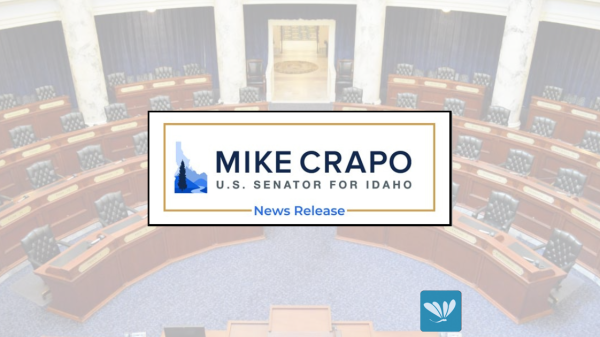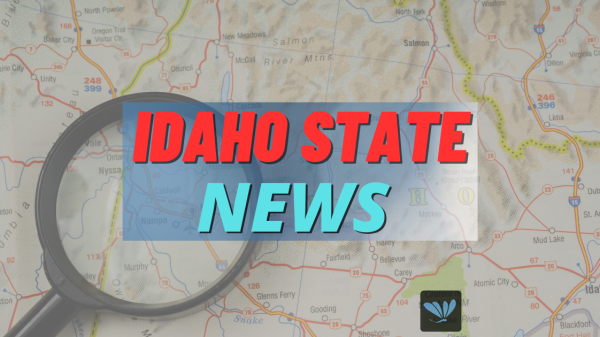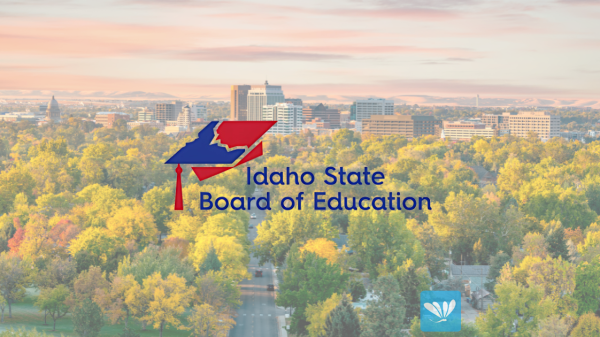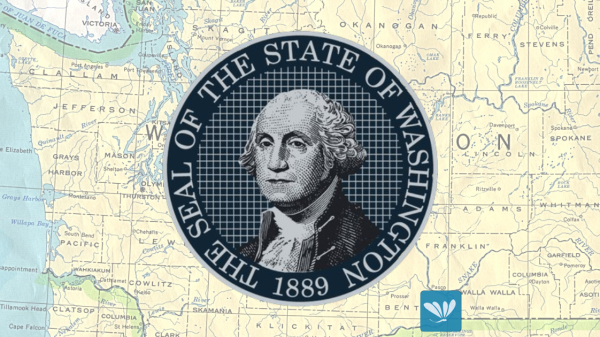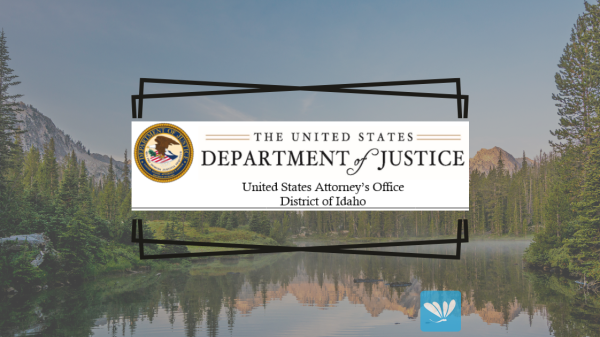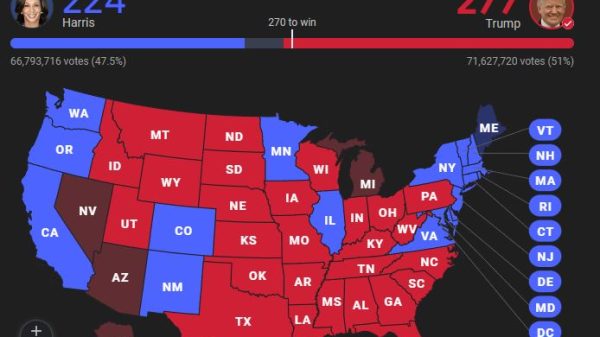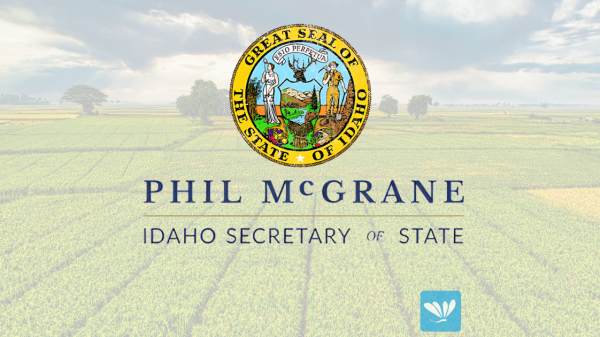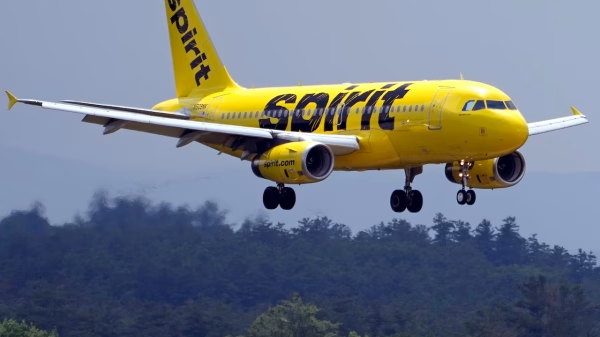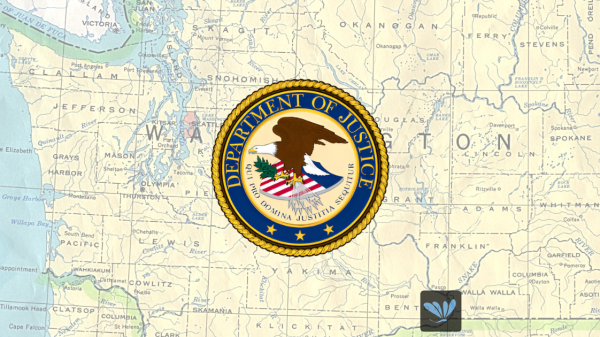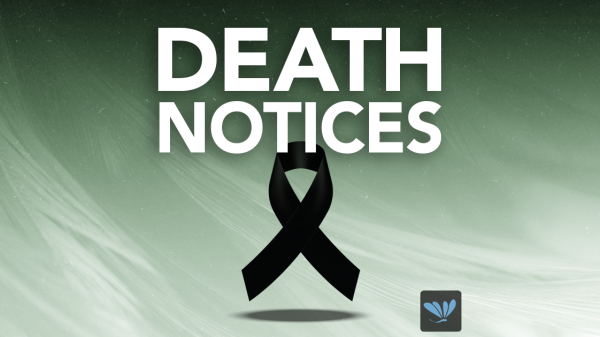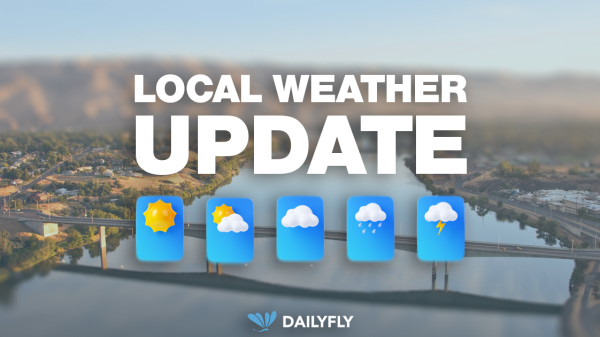Washington, D.C. – Today, U.S. Senator Jim Risch (R-Idaho), Congressman Russ Fulcher (R-Idaho), and Congresswoman Marie Gluesenkamp Perez (D-Wash.) introduced the Treating Tribes and Counties as Good Neighbors Act to fully extend eligibility for the Good Neighbor Authority (GNA) program for federal forest restoration and management projects to Tribes and counties as well as increase opportunities for cross-boundary restoration.
“Idaho has long been a leader in conservation and collaboration, and the Good Neighbor Authority program has been an important tool to help get forest management projects on the ground faster. Because of this success, Congress extended GNA to Tribes and Counties in 2018, but unfortunately, they still have not been granted the ability to effectively execute projects,” said Risch. “The Treating Tribes and Counties as Good Neighbors Act will empower Tribes and counties to take a leading role in conservation and enable all GNA partners to better manage our forests and reduce the risk of catastrophic wildfires.”
“I am proud to join Senator Risch and Representative Gluesenkamp Perez on reintroducing this vital piece of legislation in the 118th Congress. Throughout the Western United States, the Good Neighbor Authority has proven a valuable forest management tool for many states, including my home state of Idaho. I am proud of the work the Idaho Department of Lands and their partners have performed to better optimize the utility of Idaho’s lands,” said Fulcher. “Our country is vastly rich in natural resources and our counties and tribes deserve a chance to share in the success of the GNA program. The time is now to provide the communities on the frontlines of our nation’s forest with all the relevant resources essential to success as well as restore sound management practices.
“Keeping the woods working for future generations is central to who we are as rural Americans,” said Gluesenkamp Perez. “This bipartisan bill builds on the success of the Good Neighbor Authority to allow Tribes and Counties to receive the full benefits of these agreements so we can continue to enjoy these resources for years to come.”
The Treating Tribes and Counties as Good Neighbors Act has received support from Governor of Idaho Brad Little, National Association of Counties, Intertribal Timber Council, Idaho Forest Group, Boone and Crockett Club, Mule Deer Foundation, National Association of State Foresters, and National Congress of American Indians.
“Good Neighbor Agreements strengthen the partnership with federal land management agencies and state, tribal and county governments. Standardizing the use of GNA resources will help counties support forest management projects and facilitate better land management decisions based on local impacts and needs. We applaud Senator Risch and Congressman Fulcher for introducing the Treating Tribes and Counties as Good Neighbors Act and urge Congress to swiftly pass this legislation,” said Matthew Chase, Executive Director of the National Association of Counties.
“Wildfire, pests, and disease are landscape-wide forest threats that must be addressed at the landscape scale,” said Kacey KC, President of the National Association of State Foresters. “Improvements to Good Neighbor Authority will help state, local, tribal, and federal agencies work together—across boundaries—to tackle these threats with active forest management.”
“The health of non-federally owned forests is essential to the health and productivity of national forests. Limiting management work that should be landscape-wide to within arbitrary property lines has very little mitigating effect on forest threats like wildfire, pests, and disease that don’t respect ownership boundaries,” said Jay Farrell, NASF executive director. “NASF applauds the efforts of Senator Risch (R-ID) and Representatives Fulcher (R-ID) to enhance cross-boundary, landscape-scale forest management at a time we need it most.”
“As Congress considers the 2023 Farm Bill this year, NCAI strongly encourages bi-partisan support of The Treating Tribes and Counties as Good Neighbors Act. This bill would remedy previous oversight and ensure that Tribal Nations and counties are eligible to retain receipts for GNA projects. We are grateful to Senator Risch for introducing this bill, and seeking to help Tribal Nations perform critical watershed restoration and forest management projects that will aid the Forest Service in the promotion of healthy forests on national forest system lands,” said Larry Wright Jr., Executive Director, National Congress of American Indians.
Background:
The Good Neighbor Authority (GNA) program has allowed the U.S. Forest Service to partner with states on federal forest restoration and management projects to improve wildlife habitats, enhance watersheds, and reduce wildfire risks. In the 2018 Farm Bill, Congress amended GNA to make Tribes and Counties eligible to enter into Good Neighbor Agreements. However, Tribes and Counties were not afforded the same authority as states to retain GNA project receipts to reinvest in conservation, reducing a significant incentive to partner on forest management projects.
Additionally, the 2018 Farm Bill removed the ability for restoration services to take place off of federal lands. This means adjacent state, tribal, county, and other land that is essential to the health and productivity of National Forests can no longer be restored as comprehensive landscapes.
The Treating Tribes and Counties as Good Neighbors Act provides Tribes and Counties with the ability to reinvest receipts in authorized restoration and enables all GNA partners to perform restoration not just on federal lands, but also on lands approved under the project’s Good Neighbor Agreement. The Good Neighbor Authority program is expected to be reauthorized in the upcoming 2023 Farm Bill.











